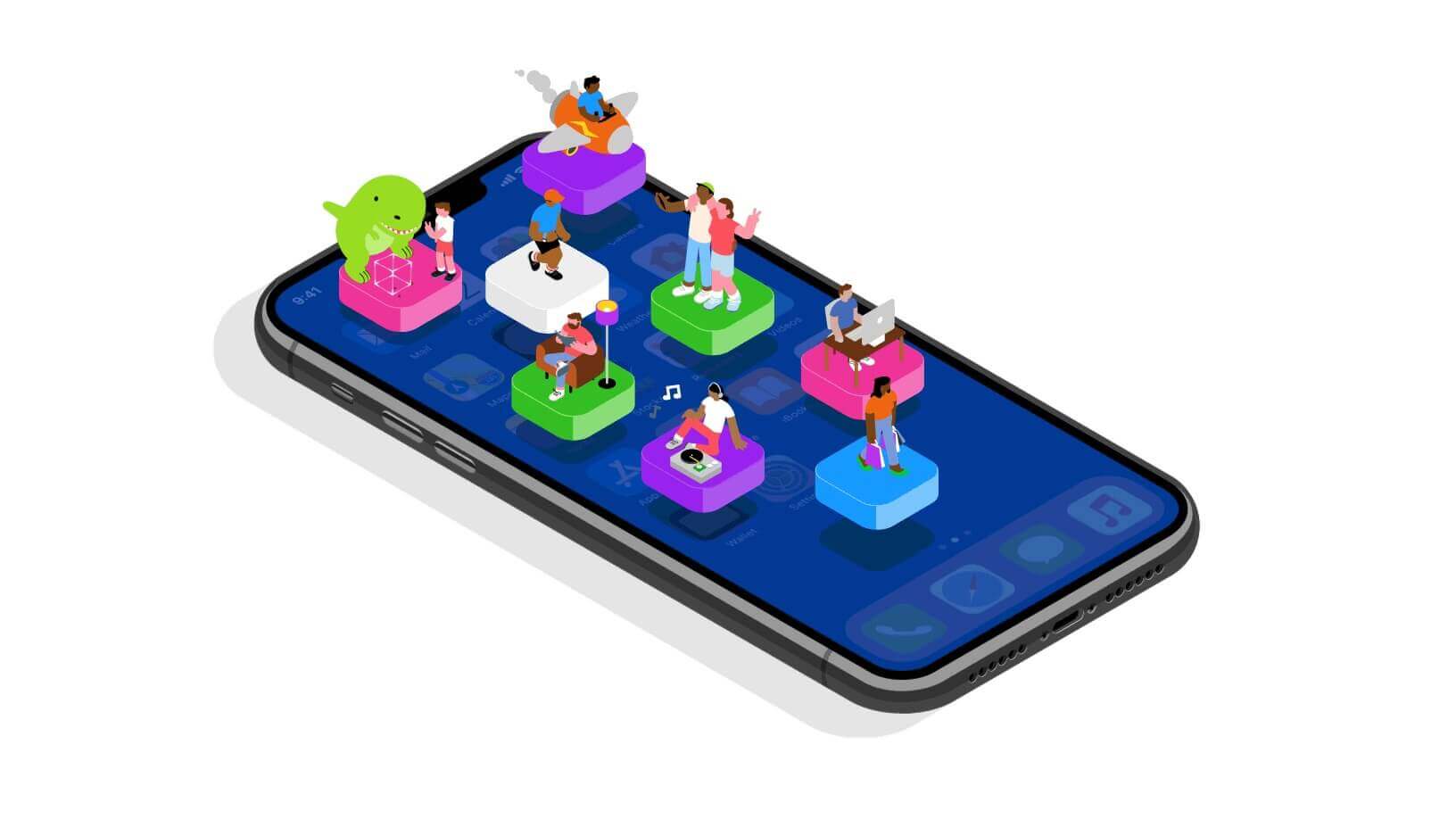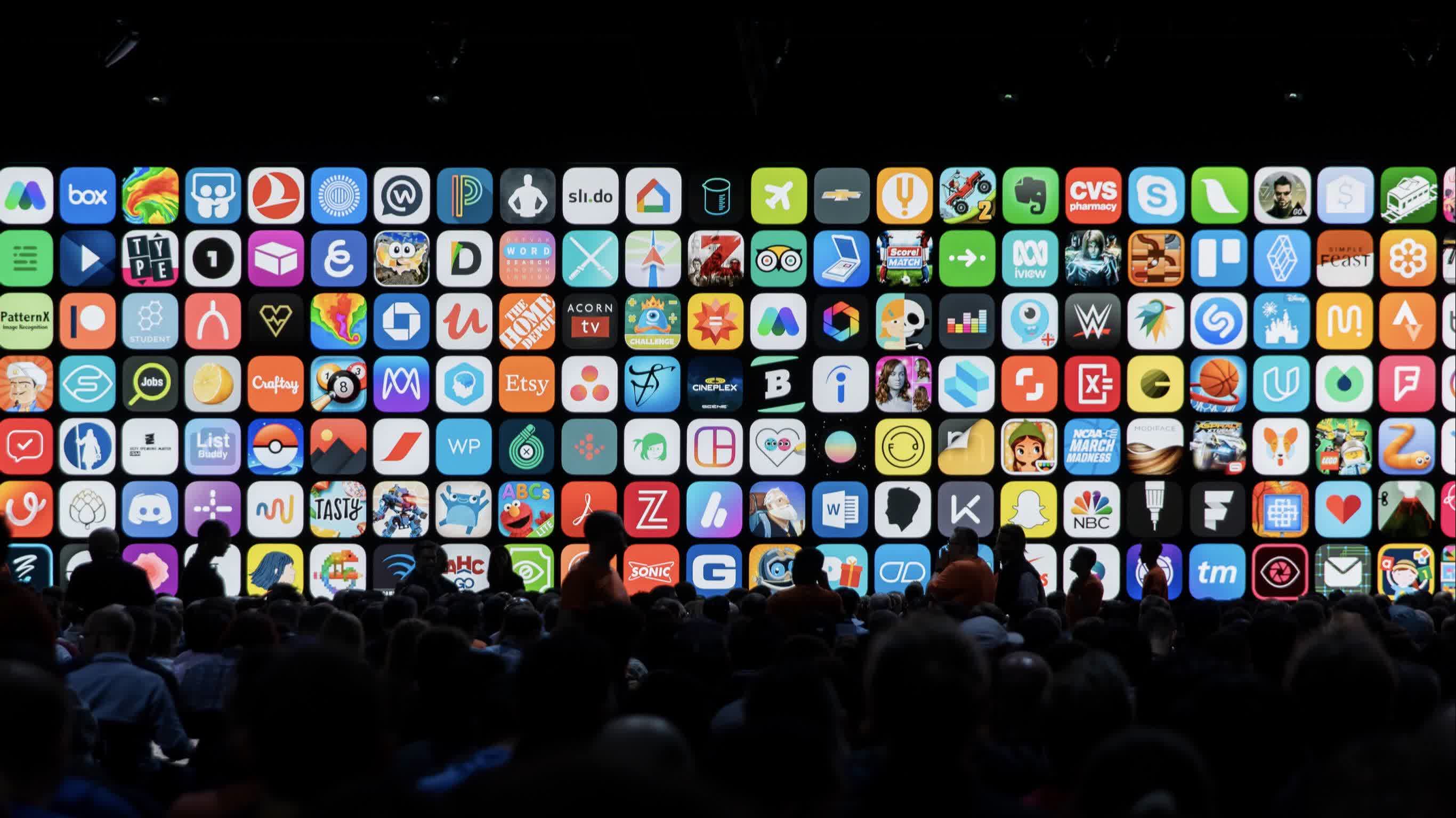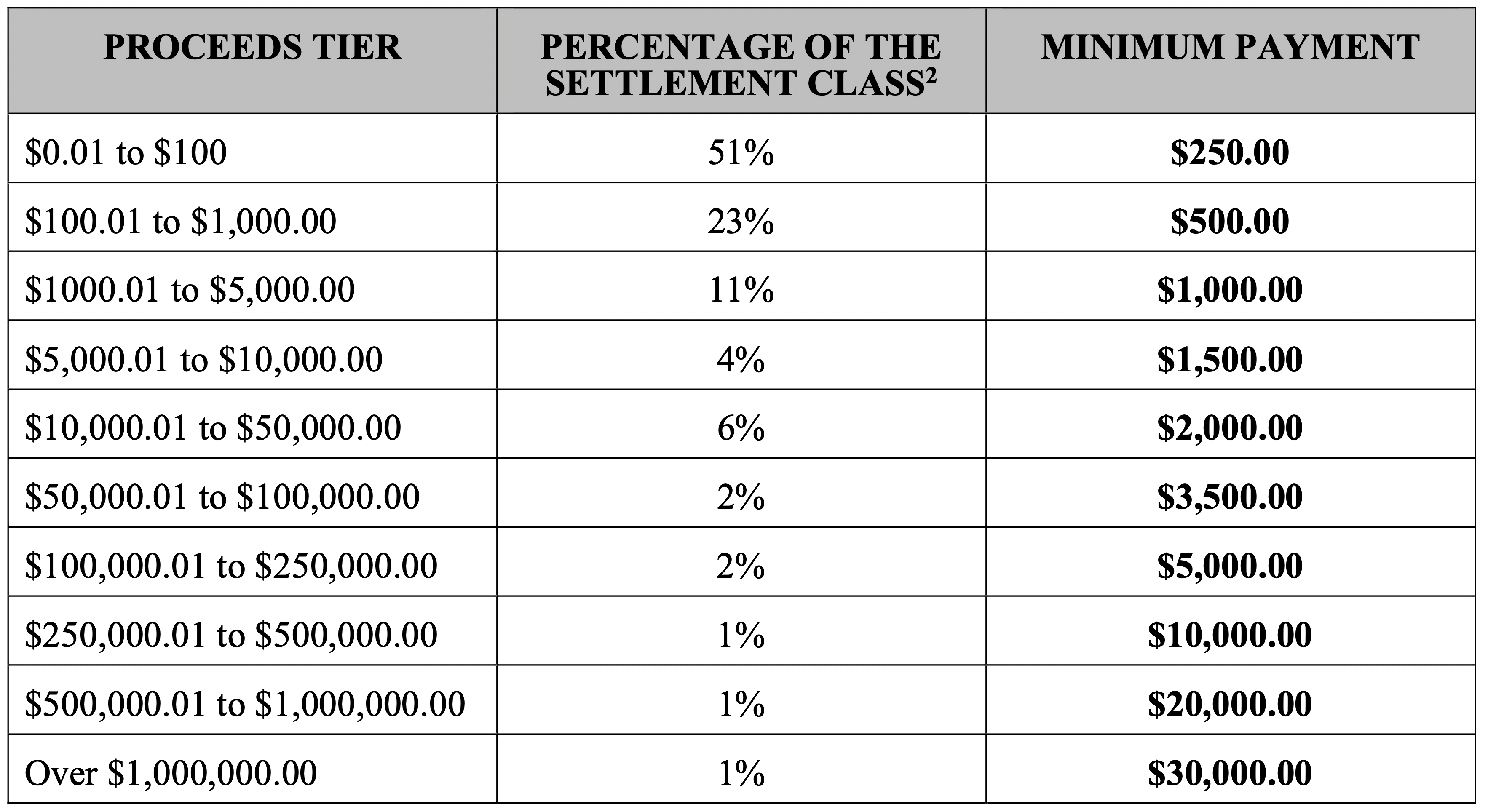In brief: Apple is trying to avoid some legal headaches by settling a class-action lawsuit related to the App Store for $100 million. Almost all developers are eligible for a share of this payout, and the company has agreed to "clarify" App Store rules, including one where devs will be able to contact users outside the app to promote alternative payment options.
Back in 2019, two developers started a class-action lawsuit against Apple, alleging that its App Store is a monopoly in the market for iOS apps and in-app distribution services. Their biggest gripes were the annual dev fees, the tedious review process, the 30 percent cut on all sales, and the fact that an app can fail to be approved or simply be booted from the App Store at any given moment, with no alternative avenues for people to get access to it.
The Cupertino giant this week agreed to settle the lawsuit with a $100 million payout in the form of a Small Developer Assistance Fund that will see developers receiving anywhere from $250 to $30,000 depending on their revenue recorded between 2015 and 2021. Apple created a website where eligible developers can claim their share of the fund, but it's not yet operational at the time of writing.
At the same time, Apple is updating its App Store policy in a way that "clarifies" what developers can and cannot do. The first and potentially the most important change is that app developers can now use the signup information received from users to contact them outside the app and inform them of alternative purchase options. However, Apple still won't allow promoting those options inside their apps.
Another change means developers will be able to choose from more than 500 price points to set for their paid apps, subscriptions, and in-app purchases, up from fewer than 100. As for the App Store fees, Apple said it will maintain the Small Business Program it introduced in 2020 for at least the next three years, which means that developers making less than $1 million per year will still be eligible to pay a reduced 15 percent cut of their sales to the Cupertino giant.

Apple will also maintain the appeal mechanism for developers who believe their apps were rejected unfairly, along with all the other subtle but important changes it introduced in the review policy last year. Additionally, the company will publish an annual transparency report where it will highlight "meaningful statistics about the app review process, including the number of apps rejected for different reasons, the number of customer and developer accounts deactivated, objective data regarding search queries and results, and the number of apps removed from the App Store."
One of the most criticized aspects of the App Store over the years has been the search algorithm, which was shown to strongly favor Apple's own offerings in a 2019 investigation. The company has since improved on that front, surfacing apps in search results based on "objective characteristics like downloads, star ratings, text relevance, and user behavior signals," and today's agreement means this system will remain in place for at least the next three years.
All of this may look like a small price to pay for the world's most valuable tech company, but remember that it's still embroiled in a lawsuit with Epic, not to mention a great deal of antitrust scrutiny in the US and Europe. The settlement is currently pending approval by the same judge presiding over the Epic vs. Apple case.

